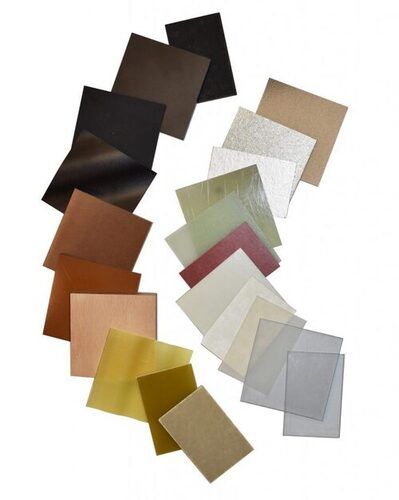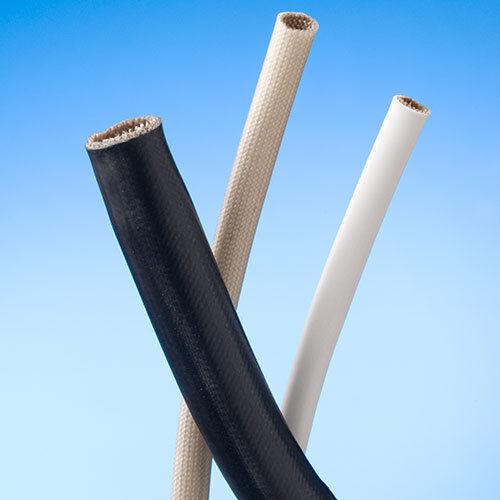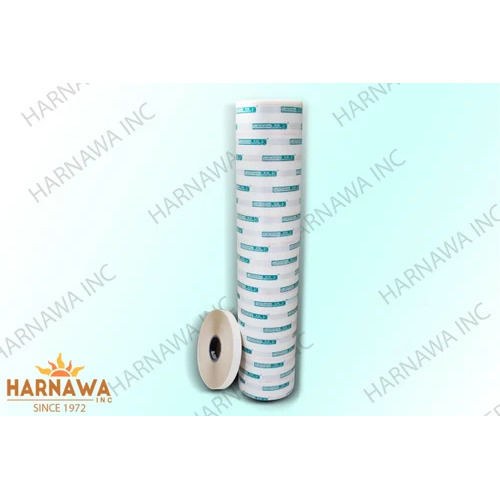
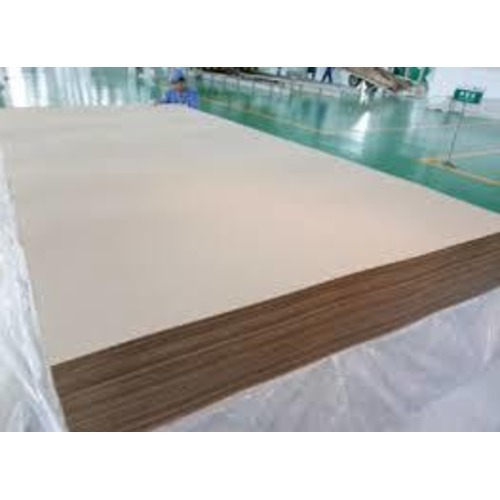
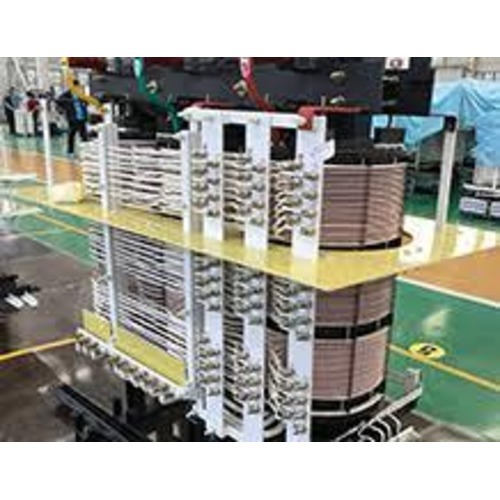
Insulation Pressboard
Product Details:
Insulation Pressboard Price and Quantity
- 90 INR/Kilograms
- 100 Kilograms
Insulation Pressboard Trade Information
- Telegraphic Transfer (T/T) Cash in Advance (CID) Cheque Cash Advance (CA)
- 20000 Kilograms Per Month
- 1 Days
- Yes
- Free samples are available
- Australia North America Eastern Europe Western Europe Middle East Africa Central America South America Asia
- All India
- CE & RoHS
Product Description
The electrical and power industries employ insulation pressboard, sometimes referred to as transformer pressboard or electrical pressboard, for structural purposes and insulation. It is frequently used in the development of reactors, high-voltage transformers, and other electrical machinery. High-quality cellulose fibres are meticulously processed and crushed to produce insulation pressboard, which is a dense, homogenous, and sturdy material with superior insulating qualities.
An Overview Of Insulated Pressboard Is Given Below:
1. Electrical Insulation: One of insulation pressboard's main applications is as an electrical insulator. It is suitable for applications where electrical insulation is necessary to prevent short circuits and ensure the safe functioning of high-voltage equipment because of its high dielectric strength and resistance to electric fields.
2. Mechanical Strength: Insulation pressboard is designed with great dimensional stability and mechanical strength in mind. It is capable of withstanding mechanical strain, pressure, and vibration, making it appropriate for supporting the transformer's core and windings.
3. Heat Resistance: This substance has excellent thermal stability and is able to tolerate high temperatures without suffering appreciable degradation. It is frequently used in transformers and other electrical equipment that generates heat while in use.
4. Oil Impregnation: To further improve the electrical and thermal qualities of insulation pressboard, it can be impregnated with mineral oil or other insulating oils. Its performance as a dielectric is enhanced and its resistance to moisture is increased by oil impregnation.
5. Compatibility: Pressboard is able to act in concert with the insulating oils frequently used in transformers to enhance overall insulation and heat dissipation.
6. Applications: Power generating, transmission, and distribution systems all make use of insulation pressboard. In transformers, reactors, and other electrical equipment, it serves as a support for windings as well as a barrier and insulation between layers of conductors.
7. Types: Insulation pressboard comes in a variety of grades and types, each created for a particular use and range of voltage. Different voltage levels and mechanical requirements are met by different thicknesses and densities.
8. Environmental Concerns: Pressboard is frequently constructed from cellulose fibres that can be renewed, making it more environmentally benign than other synthetic materials. To achieve the best insulating qualities, however, chemical treatments could be used during manufacture.
9. Standards and Regulations: In order to guarantee the functionality and safety of electrical equipment, insulation pressboard must adhere to industry standards and regulations. These specifications specify terms like dielectric strength, moisture resistance, and other crucial properties.
Insulation Pressboard Specifications:
|
No |
Items |
Unit |
Standard Value |
||
|
|
>1.6 mm-3.0 mm |
>3.0 mm-6.0 mm |
|||
|
1 |
Thickness tolerance |
% |
+-7.5 |
+-5.0 |
+-5.0 |
|
2 |
Density of the surface |
g/cm3 |
1.0-1-2 |
1.1-1.25 |
1.15-1.30 |
|
4 |
Elongation strength |
Mpa |
>_100 |
>_105 |
>_110 |
|
Mpa |
>_75 |
>_80 |
>_85 |
||
|
5 |
Shrinkable rate |
% |
|
|
|
|
% |
|
|
|
||
|
% |
|
|
|
||
|
6 |
Moisture content |
% |
|
|
|
|
7 |
Ash content |
% |
|
|
|
|
8 |
Conduction of aqueous extract |
mS/m |
|
|
|
|
9 |
PH of aqueous extract |
6.0-9.0 |
|
|
|
|
10 |
Electrical strength in oil |
Kv/mm |
>_40 |
>_35 |
>_30 |
FAQ
1. How is insulation pressboard utilised in the electrical sector?
Ans - In the electrical industry, insulation pressboard is widely utilised in reactors and transformers, among other applications. It works as a top-notch insulating material that offers these products' electrical insulation, structural support, and heat resistance.
2. How does insulation pressboard affect transformer performance?
Ans- In order to retain the winding geometry and provide electrical insulation between the layers of windings, insulation pressboard is an essential component of transformers. Additionally, it aids in the effective and safe performance of transformers by managing the heat that is produced during operation.
3. Are transformer oils compatible with insulation pressboard?
Ans - Yes, insulation pressboard and the insulating oils used in transformers are frequently compatible. Pressboard can be oil-impregnated to improve its moisture resistance and insulating capabilities. This impregnation procedure increases the dielectric performance and service life of the material.
4. Do several varieties of insulation pressboard exist?
Ans - Yes, there are several insulating pressboard types and grades created to satisfy various specifications and voltage classes. Different voltage levels and mechanical requirements are met by these differences in thickness, density, and composition, ensuring optimal performance in a variety of applications.
5. Which criteria govern the use of insulation pressboard?
Ans - To ensure the efficiency and safety of electrical equipment, industry norms and regulations govern the usage of insulation pressboard. These specifications outline the requirements that the material must fulfil in order to provide adequate insulation and consistent performance, including dielectric strength, moisture resistance, and other crucial qualities.

Price:
- 50
- 100
- 200
- 250
- 500
- 1000+

 English
English Spanish
Spanish French
French German
German Italian
Italian Chinese (Simplified)
Chinese (Simplified) Japanese
Japanese Korean
Korean Arabic
Arabic Portuguese
Portuguese


